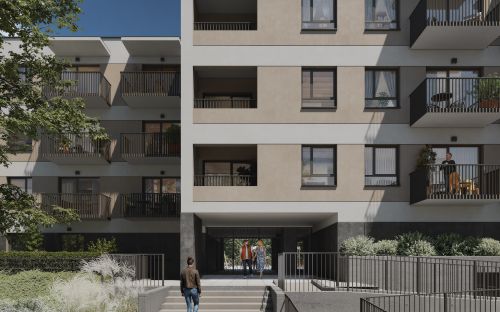The numbers speak the loudest about the huge scale of these projects. In March, Mapletree Investment of Singapore bought a student accommodation portfolio in the UK for GBP 417 mln – more than EUR 0.5 bln. Canadian pension fund CPPIB bought student halls for GBP 1.1 bln (over EUR 1.87 bln) also in Britain but a year earlier, while Goldman Sachs and Greystar acquired a portfolio from UK developer Knightsbridge Student Housing, which is supported by Oaktree Capital Management, for GBP 500 mln (EUR 620 mln). Last year the entire UK student housing sector attracted investment worth as much as GBP 5.8 bln (EUR 7.25 bln) – more than all the commercial real estate transactions in Poland and the Czech Republic put together. Specialised British REITs exclusively involved in student housing are well established players on the London Stock Exchange. It should be noted that the UK market, with its base of 524,000 beds for students, is the second largest market in the world, with only t



























































